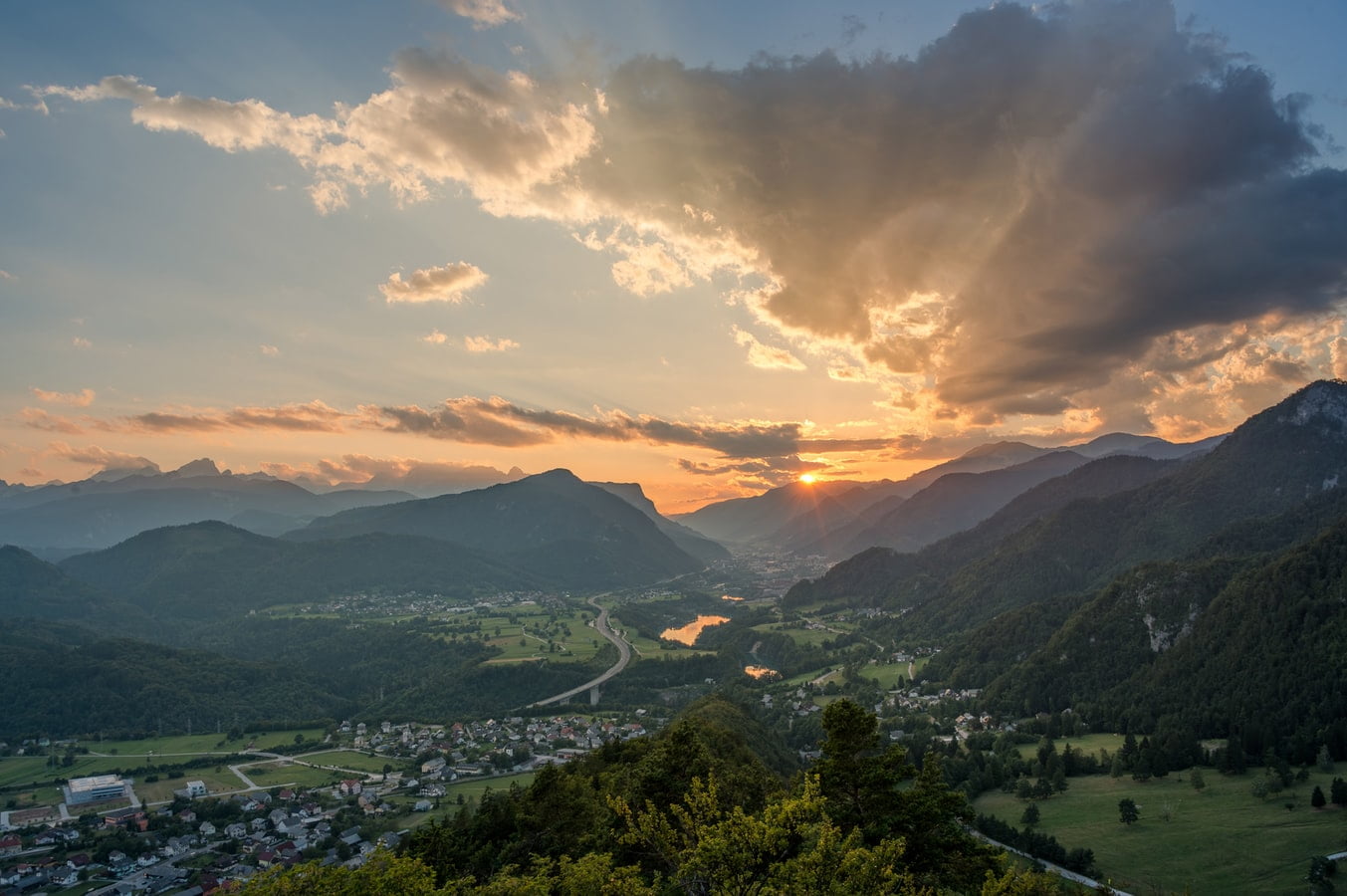As waste generation is increasing all around Europe, specific measures need to be implemented to reverse the trend. Residual waste, by its diverse composition, is one of the most if not the most difficult waste stream to deal with.
In this regards and in order to achieve a truly circular economy in Europe, it is necessary to adopt specific strategies tackling residual waste generation and treatment.
- As recycling rates increase and we fight waste generation, what do we do with the residual waste?
- How to detect and eliminate non-recyclable waste streams?
- How to set up a Zero Waste Research Center to study solutions to fix the residual waste?

